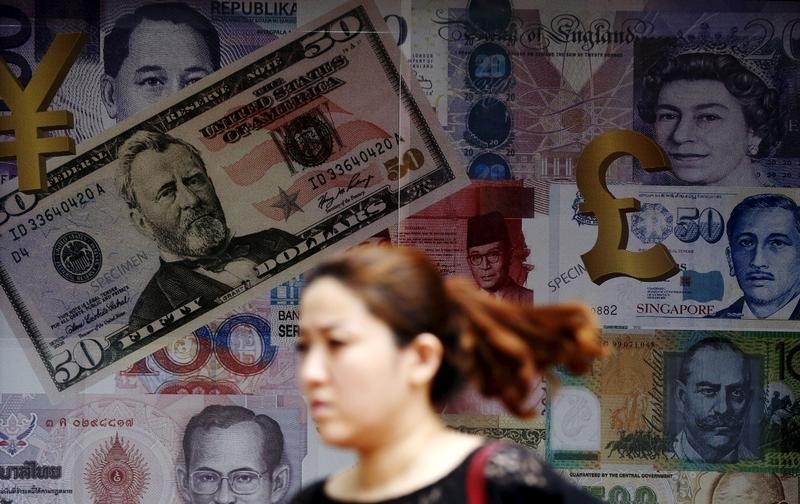BELGRADE (Reuters) - The Bulgarian parliament on Tuesday appointed Dimitar Radev as central bank governor for another six-year term to help steer the Balkan country into the euro zone.
Radev's first mandate expired in 2021, but he kept the post due to a political deadlock in the parliament. On Tuesday, he received support from the centre-right GERB and We Continue the Change - Democratic Bulgaria, and the Movement for Rights and Freedoms parties, or 155 deputies in the 240-seat parliament.
His opponent Lyubomir Hristov, a prominent economist, was backed by the pro-Russian and nationalist Revival party.
Before the vote, Radev pledged to ensure policy continuity and to integrate the banking sector into the euro area's financial infrastructure.
Adopting the euro, initially planned for January 2024, would help Bulgaria, the poorest EU member state, attract more foreign investment and reduce its debt financing costs, economists say. Bulgaria has long pegged its lev currency to the euro.
Bulgaria meets most of the nominal criteria to adopt the euro, except for inflation which is estimated by the International Monetary Fund at 7.5% in 2023. Inflation stood at 8.7% in June, down from 10.1% a month earlier.
According to the IMF, Bulgaria's economy is set to grow 1.4% in 2023 and around 3.5% in 2024.
